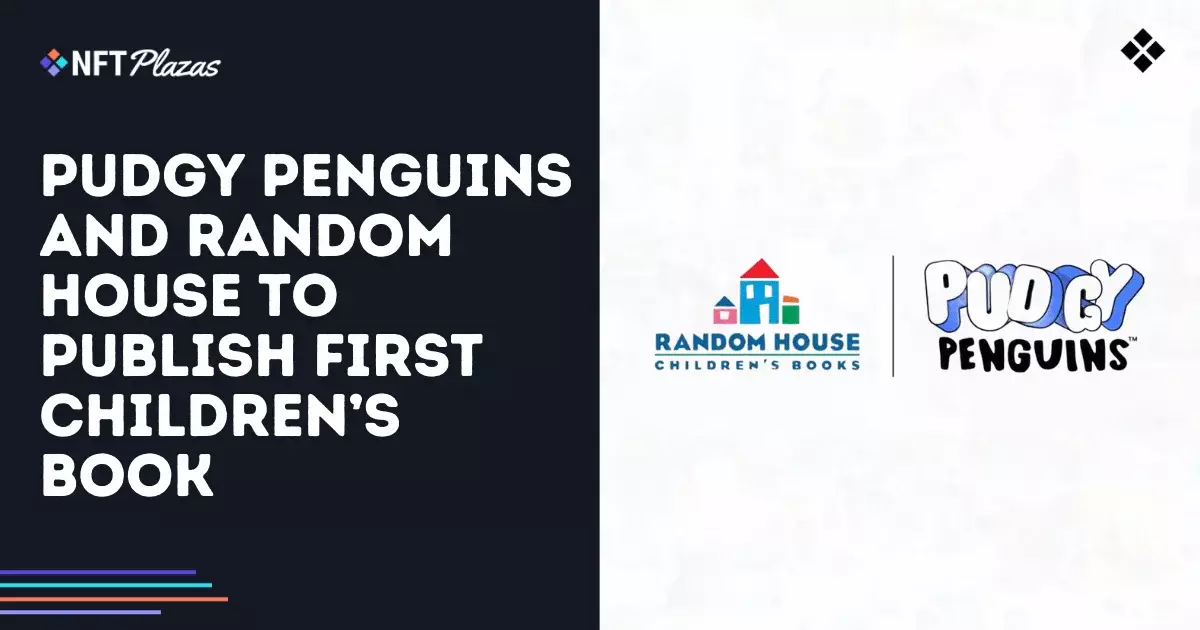The announcement of Pudgy Penguins’ partnership with Random House Children’s Books to release *Worst Birthday Gift Ever* represents more than just a foray into children’s literature; it embodies a strategic shift in how digital brands engage with broader markets. Here, the Pudgy Penguins are not merely producing a book; they are crafting a narrative universe that extends beyond the realm of NFTs into the tactile world of physical media. This transition speaks to a trend where web3 brands are innovating ways to connect with families, establishing a multi-channel identity that resonates deeply with today’s tech-savvy, socially connected youth.
Understanding the Target Demographic
At its core, *Worst Birthday Gift Ever* is aimed at children aged 4 to 8—an age group ripe for storytelling but also heavily influenced by their digital surroundings. It’s interesting to note that Pongo, the main character, is framed within a scenario that balances humor and life lessons, reflecting modern parenting trends that emphasize the importance of emotional intelligence in childhood narratives. The whimsical chaos of accidentally receiving real swords instead of inflatable ones not only entertains but provides a rich ground for discussions about safety and responsibility.
The Brand Expansion Phenomenon
Launched in 2021 as a collection of Ethereum-based NFTs, Pudgy Penguins has quickly transitioned into a lifestyle brand, successfully selling over one million toys with millions in revenue. This remarkable growth trajectory highlights a savvy understanding of consumer psychology—transforming virtual assets into beloved characters that parents and children can engage with in the physical world. By venturing into the children’s book market, Pudgy Penguins is not merely crossing over; they’re creating a cultural movement that bridges generational divides, allowing today’s youths to experience digital culture in a tangible way.
The Power of Collaborations
Pudgy Penguins’ collaboration with Random House is noteworthy not just for what it entails but for what it symbolizes. A partnership with a leading publisher suggests an aspiration toward legitimacy and quality in storytelling, all while harnessing the cultural cachet inherent in the web3 space. It sends a message that whimsical digital avatars can become relatable characters who teach valuable life lessons, a feat that aligns with the sentiments of many modern parents who seek material that is both educational and entertaining for their children.
Positioning in a Competitive Landscape
As the market becomes increasingly saturated with children’s books, Pudgy Penguins stands to distinguish itself by narratively tying in its digital origins. Books that feature characters from the digital world cater to the curiosity and familiarity that children have with online personas. This strategy not only develops brand loyalty but also paves the way for further merchandise and digital engagement, creating a cohesive brand ecosystem that traditional publishers would envy.
Pudgy Penguins’ venture into publishing might be viewed skeptically by purists in the literary world, but it fortifies a contemporary narrative on how brands can adapt and thrive in today’s economy. This strategic move shows an understanding of the evolving landscape, where digital and physical boundaries blur, proving once again that a clever mix of innovation and imagination can yield powerful results in any market.

